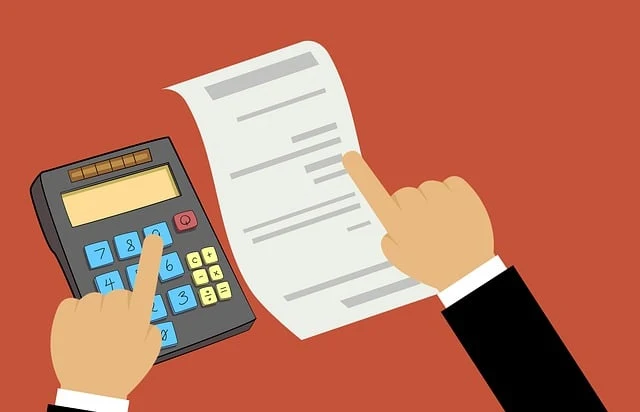Are you tired of feeling stressed about money? Do you want to take control of your finances and start working towards your financial goals? Budgeting can be the key to achieving financial freedom and reducing stress. In this guide, we'll walk you through the steps to create a budget that works for you, using simple and effective strategies.
1. Track Your Income
The first step in creating a budget is to track your income. This includes your salary, freelance work, or any other sources of income. Knowing how much money you have coming in each month is essential for effective budgeting.
2. List Your Expenses
Next, make a list of all your monthly expenses. This should include rent/mortgage, utilities, groceries, transportation, and any other regular payments you make. Be thorough in listing your expenses to get an accurate picture of your financial situation.
3. Needs vs Wants
It's important to differentiate between needs and wants when budgeting. Needs are essential expenses that you must pay, such as rent and groceries. Wants are non-essential expenses, like dining out or buying new clothes. By prioritizing your needs over your wants, you can ensure that you're spending your money wisely.
Set Financial Goals:
To stay motivated and focused, it's helpful to set financial goals. Whether you're saving for a vacation, a new car, or paying off debt, having clear goals can keep you on track with your budget.
Create a Budget:
Using a budgeting tool or spreadsheet, allocate your income towards your expenses and goals. Make sure to set aside some money for savings and emergencies. Your budget should be flexible enough to accommodate unexpected expenses while still helping you reach your financial goals.
Track Your Spending:
Keep track of your expenses to ensure that you're sticking to your budget. This will also help you identify areas where you can cut back and save money. There are many apps and tools available to help you track your spending easily.
Review and Adjust:
Regularly review your budget to see if it's working for you. Adjust as needed to accommodate changes in your income or expenses. Budgeting is a dynamic process, and it's okay to make changes as your financial situation changes.
Continuing with our journey towards mastering your finances through budgeting, let's explore some additional tips and strategies that can help you stay on track and achieve your financial goals.
Stay Focused on Your Goals: It's easy to get distracted or discouraged along the way, especially when unexpected expenses arise. Keep your financial goals front and center, and remind yourself why you're budgeting in the first place. Whether it's to save for a dream vacation, buy a new home, or get out of debt, staying focused on your goals can help you stay motivated.
Practice Gratitude: Budgeting can sometimes feel restrictive, but it's important to shift your mindset from what you can't do to what you can do. Practice gratitude for the things you have and the progress you've made. This positive mindset can help you stay motivated and content with your financial journey.
Seek Support: Budgeting can be challenging, especially if you're doing it alone. Seek support from friends, family, or online communities who are also on a budgeting journey. Sharing your experiences, challenges, and successes with others can provide encouragement and motivation.
Use Budgeting Apps: Technology can be a powerful tool in your budgeting arsenal. There are many budgeting apps available that can help you track your income and expenses, set financial goals, and stay on track with your budget. Find one that works for you and incorporate it into your budgeting routine.
Review and Reflect:
Regularly review your budget to see how you're doing. Reflect on your spending habits and identify areas where you can improve. Use this information to make adjustments to your budget and continue to grow and improve your financial health.
In conclusion, budgeting is a powerful tool that can help you take control of your finances, reduce stress, and achieve your financial goals. By following these tips and strategies, you can create a budget that works for you and start on the path toward financial freedom and security. Remember, it's not about perfection but progress. Keep moving forward, and you'll soon see the positive impact that budgeting can have on your life.
Top Personal Finance Habits:
-
Review your budget monthly to track changes in expenses.
-
Create an emergency fund with at least $1,000 to avoid using credit.
-
Use budgeting apps like Mint or YNAB to stay organized.
-
Avoid impulse purchases — wait 24 hours before buying non-essentials.
-
Track all income and expenses weekly for better control.
If you're struggling with money management, check out my Complete Budgeting Guide for step-by-step help.
Budgeting can help reduce financial stress. Also see our post on Fast Debt Relief.
Students should also check out these financial tips for college life.
You May Also Like
« Prev Post





💬 We'd Love to Hear from You!
Your thoughts, feedback, or even a friendly hello help grow this community. Don’t be shy — drop your comment below!